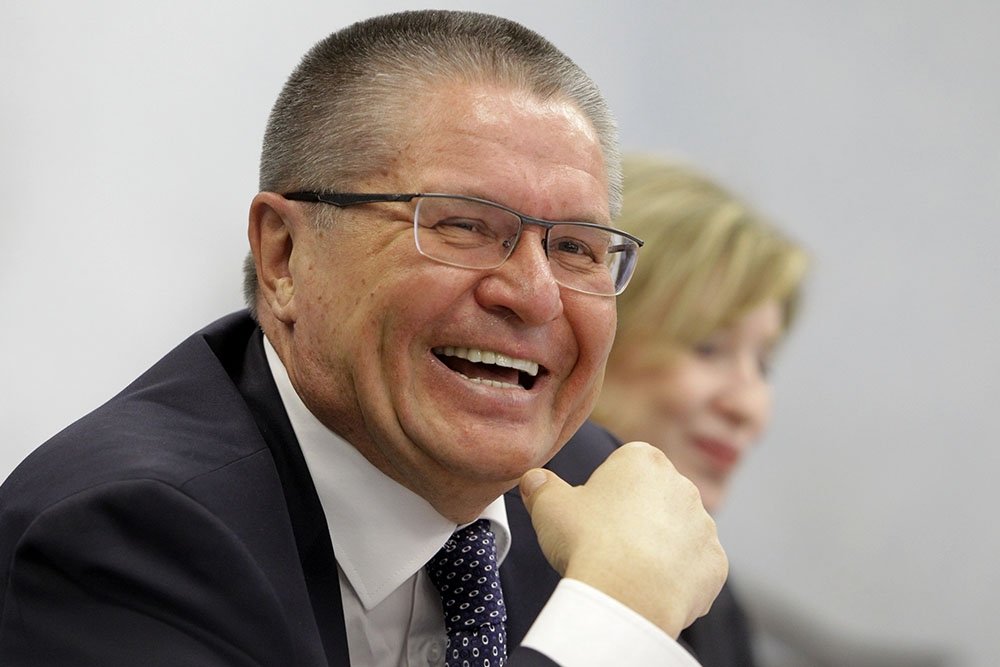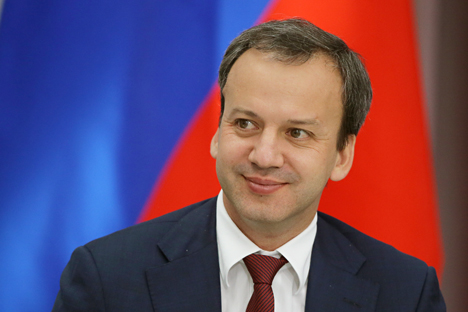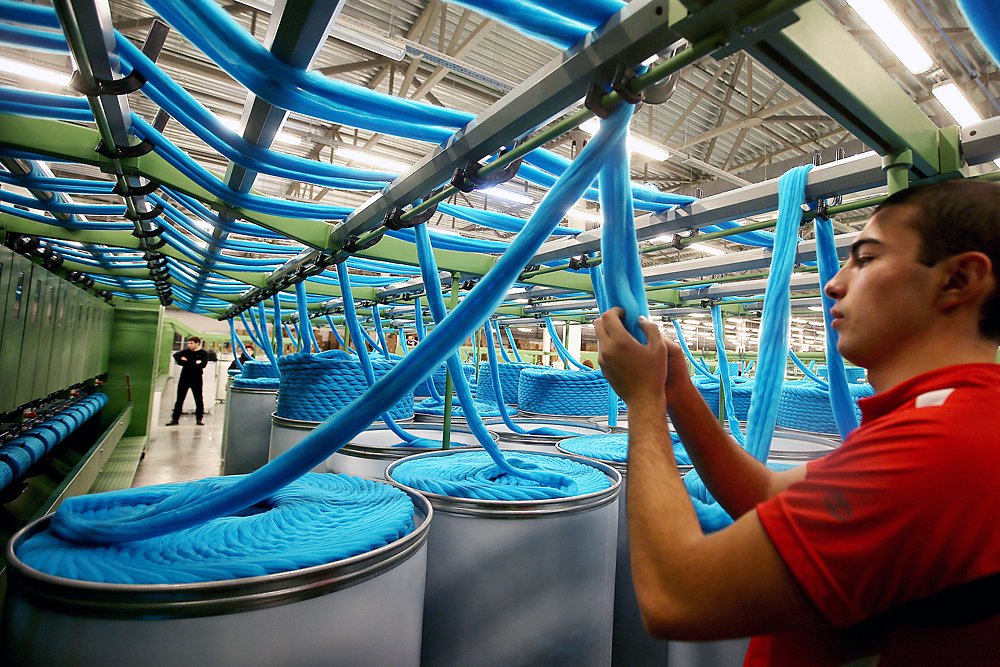Economy has adapted to sanctions: Ulyukaev

Alexey Ylyukaev.
Alexander Korolkov/RGIt is now two years since the first sanctions were imposed on Russia. Was the shock related to them more forceful than the shock related to the fall in oil prices?
Of course not. It was the cheaper energy prices that led to the main changes in budget revenues, in private companies and in households. The sanctions had an impact first and foremost on the companies that were actively present on the global financial market. However, today the economy has completely adapted to the sanctions and in a way even benefited from them?
To what was the adaptation due?
Firstly, the sanctions led to the increase of capital outflow from the country and Russian companies had to immediately pay off their debt. In the short term this brought about the devaluation of the ruble, in the long term this resulted in the decrease of costs for Russian enterprises. The debt that Russian companies owed was drastically reduced and consequently, so was their exposure to external risks. This meant changing to domestic sources of financing. Before, the gap between the rate of domestic savings (30 percent of the GDP) and investments (20 percent of the GDP) was generally covered with capital inflows from abroad, but now this model no longer exists. We are painfully moving to a new model of economic development, which is significantly less risky.
More than half the foreign companies surveyed by the Russian Union of Industrialists and Entrepreneurs said recently that the entrepreneurial climate in Russia has deteriorated. What would you say to that?
I often meet with representatives of foreign business and know that the companies which have worked in Russia would never say that the investment climate is deteriorating in the country. More likely they would point to concrete problems. We regularly discuss them during the sessions of the Council on Foreign Investments and try to eradicate them. In general, companies that are still not represented in Russia speak about the negative climate.
Why? They have little information or Russia's image is getting worse?
Both. First, lack of information about us and an abundance of negative information from abroad. There's plenty of it. We just need to make decision-making mechanisms more transparent. The investment climate in the country is slowly improving. Within the framework of the National Entrepreneurial Initiative we are trying to remove the barriers that impede doing business. Russia's position in the Doing Business World Bank Rankings is improving (In 2015 Russia jumped 11 steps from 62nd to 51st place out of 183 countries - RIR).
You spoke at a conference in Germany in February on medium-sized businesses, organized by the Eastern Committee of German Economy. Do you see opportunities in small and medium businesses to improve business relations between Russia and the West?
Of course. Small and medium businesses have a lot of potential, which is demonstrated by Russian and German business's interest in this annual event. Currently we are developing the Russian Export Centre with representatives from the Agency for the Development of Small and Medium Business. Many Russian companies can become exporters. Our goal is to make real exporters out of potential ones. We help them in the promotion process, in logistics, in reducing transportation costs, in protecting patents, certificates, and so on. For now it is very difficult for Russian companies to enter Western markets, but we have the power to solve this problem.
You were one of the people who in the ‘90s conducted radical economic reforms in Russia. For a long time you also worked in the Gaidar Institute, a breeding ground for reformers. Are structural reforms just as necessary for Russia now as before?
Structural reforms are basically a common element. We often understand reforms as a drastic change of policy, a continuous introduction of normative novelties. But what is actually needed is systematic dirty work. The goal is not to radically transform but to see the sprouts of that which already exists, and help them, not try to transplant exotic plants into our soil. Russia is already carrying out structural changes in fields such as agriculture and petrochemicals, and our objective is to support them.
All rights reserved by Rossiyskaya Gazeta.
Subscribe
to our newsletter!
Get the week's best stories straight to your inbox

